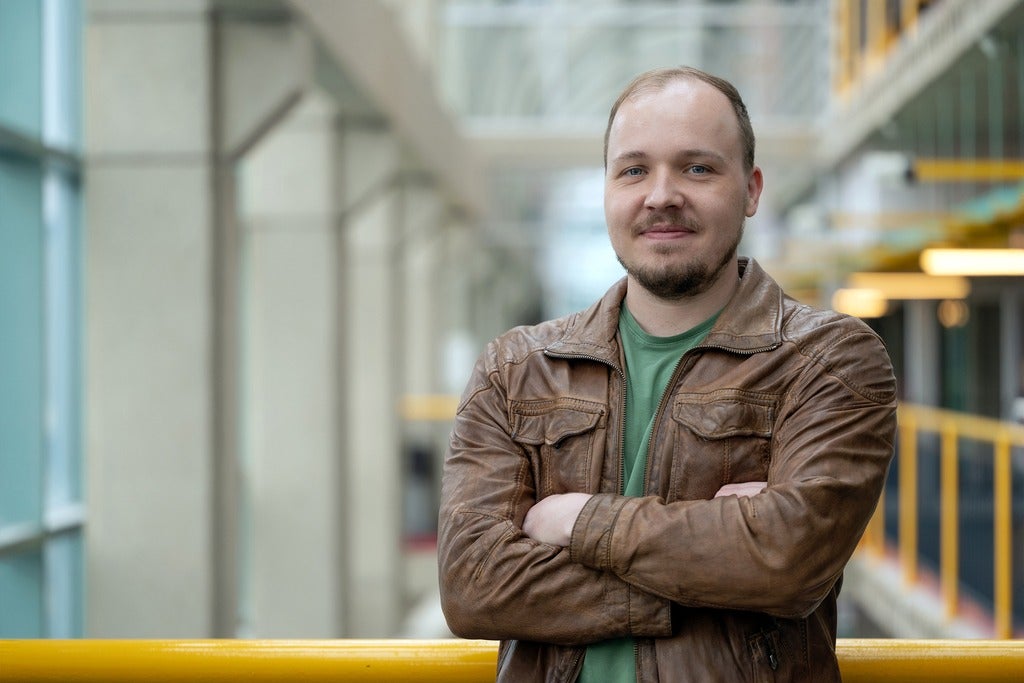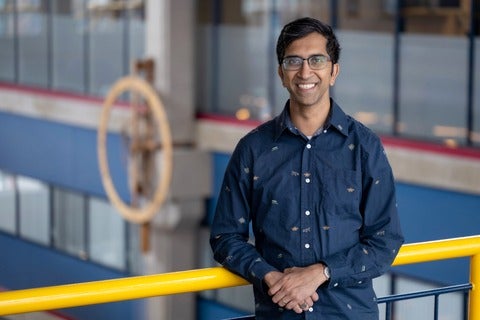Freda Shi and Victor Zhong appointed Canada CIFAR AI Chairs at Vector Institute
Cheriton School of Computer Science Professors Freda Shi and Victor Zhong have been named Canada CIFAR AI Chairs and appointed as Faculty Members at the Vector Institute. They are two of three distinguished researchers in the latest cohort to receive this prestigious national recognition.








